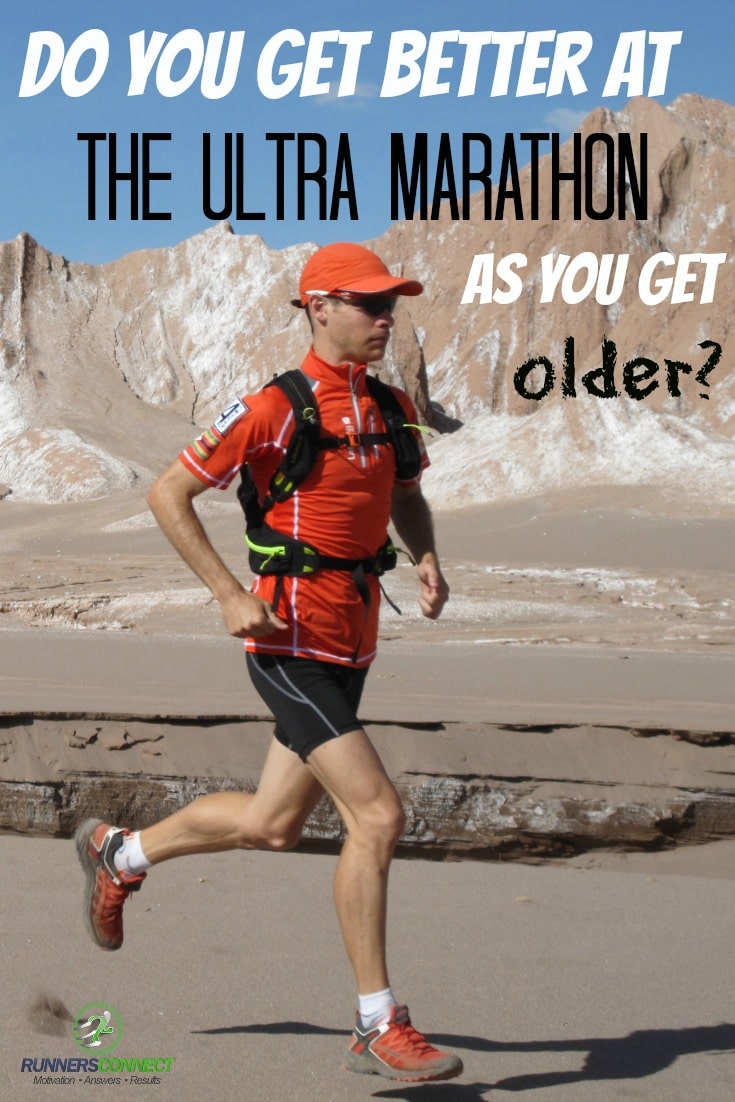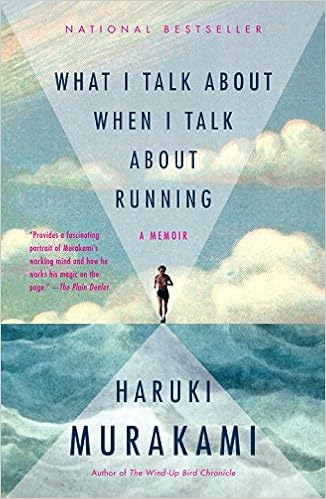However, for runners, being told not to run for any duration of time is akin to being told you are being sent to prison. Actually, More like Purgatory! That place where the only thing that separates your soul from the flames of Hades is a thin mesh screen. They thought they lived a good life and made the right decisions....Why this? Similar to a pilot being grounded, or a ball player being benched during a game, the runner wants to run, even when shackled by an injury. How can this make any sense?
But step back a moment. If the runner in your family has spent time and energy to develop a good habit, that person is not about to let all that effort go to waste. We are told to get off the couch and run by pretty much everyone these days. And, even though we know it is good for our health, most of us flip the channel while reaching for another beverage. Bad habits and hard to break, but good habits are even more difficult to maintain. It can't be overlooked that a degree of panic sets in when they are told they have to break their good habit for "health" reasons, even if it is for only a limited amount ot time.. The risk of digressing back to being a couch potato is a nightmare they would rather not re-live.
So how should we as supporting spouses support our spouses? Locking them in their room is not the answer, although it might sound cool at the time. And letting them run as much as they want with an injury will only keep them in that "death spiral" of re-injury. Rather, suggest other ways to stay in shape that do not require all that "hard pounding" and "heavy breathing".....Like walking!
 Walking is still an exercise. Think of it as a form of running....just much slower. They still use their legs and have to put on the proper exercise gear. They still get to travel the trails and sidewalks to enjoy nature. They may even allow you to keep up with them without your bicycle.
Walking is still an exercise. Think of it as a form of running....just much slower. They still use their legs and have to put on the proper exercise gear. They still get to travel the trails and sidewalks to enjoy nature. They may even allow you to keep up with them without your bicycle.  If they don't want to do that, there are other things: Swimming, skiing, biking, yoga....and if all else fails....shopping. Shopping is a risk for several reasons. Besides the drain on the bank account, there is the risk that she may only desire to run MORE now that she has new shoes or clothes to try out. Even still, if it keeps them from aggravating the injury, all the better. (Besides....she needed new shoes anyway.)
If they don't want to do that, there are other things: Swimming, skiing, biking, yoga....and if all else fails....shopping. Shopping is a risk for several reasons. Besides the drain on the bank account, there is the risk that she may only desire to run MORE now that she has new shoes or clothes to try out. Even still, if it keeps them from aggravating the injury, all the better. (Besides....she needed new shoes anyway.) As with every suggestion, find out what works. I'm sure there are more out there. Perhaps you or your spouse can come up with a compromise activity that allows her to keep the healthy habit, while still allowing her injury to heal. It's a tricky time for both parties involved. Runners might simply want to be able to run again. But we supporting husbands have to figure out a way to keep them from unraveling their recovery while not unraveling our marriage!
As with every suggestion, find out what works. I'm sure there are more out there. Perhaps you or your spouse can come up with a compromise activity that allows her to keep the healthy habit, while still allowing her injury to heal. It's a tricky time for both parties involved. Runners might simply want to be able to run again. But we supporting husbands have to figure out a way to keep them from unraveling their recovery while not unraveling our marriage!So buck up there! And know that you are not alone. Supporting a runner can be a full time job, even if it only looks like you are only along for the ride. Think of it as being a manager of a prize fighter. They have done a lot of training to get to this point, And have to get in the ring and fight the fight. But it is up to you to know when the fight is over. And sometimes, that is not simply when the bell rings.






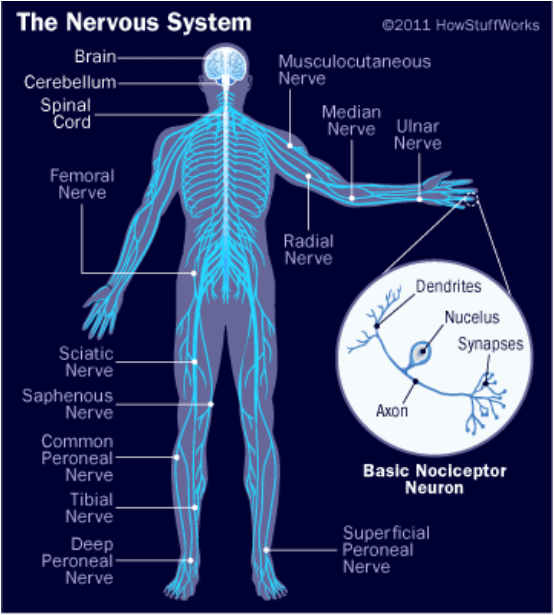



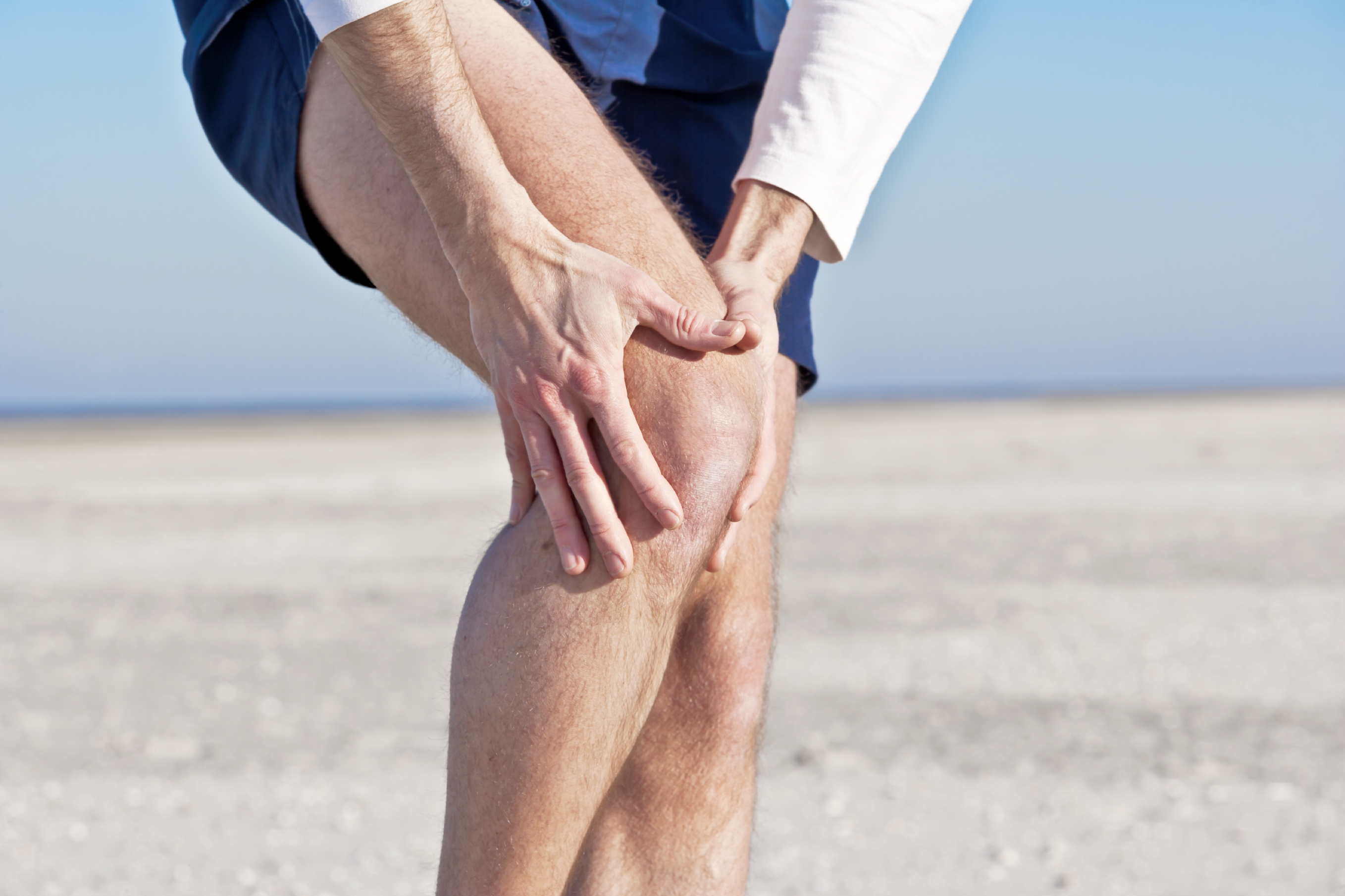
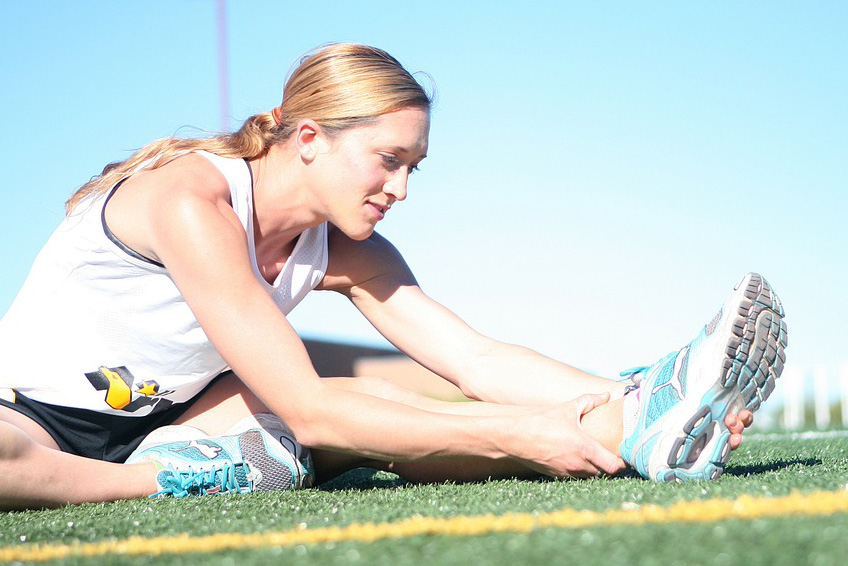
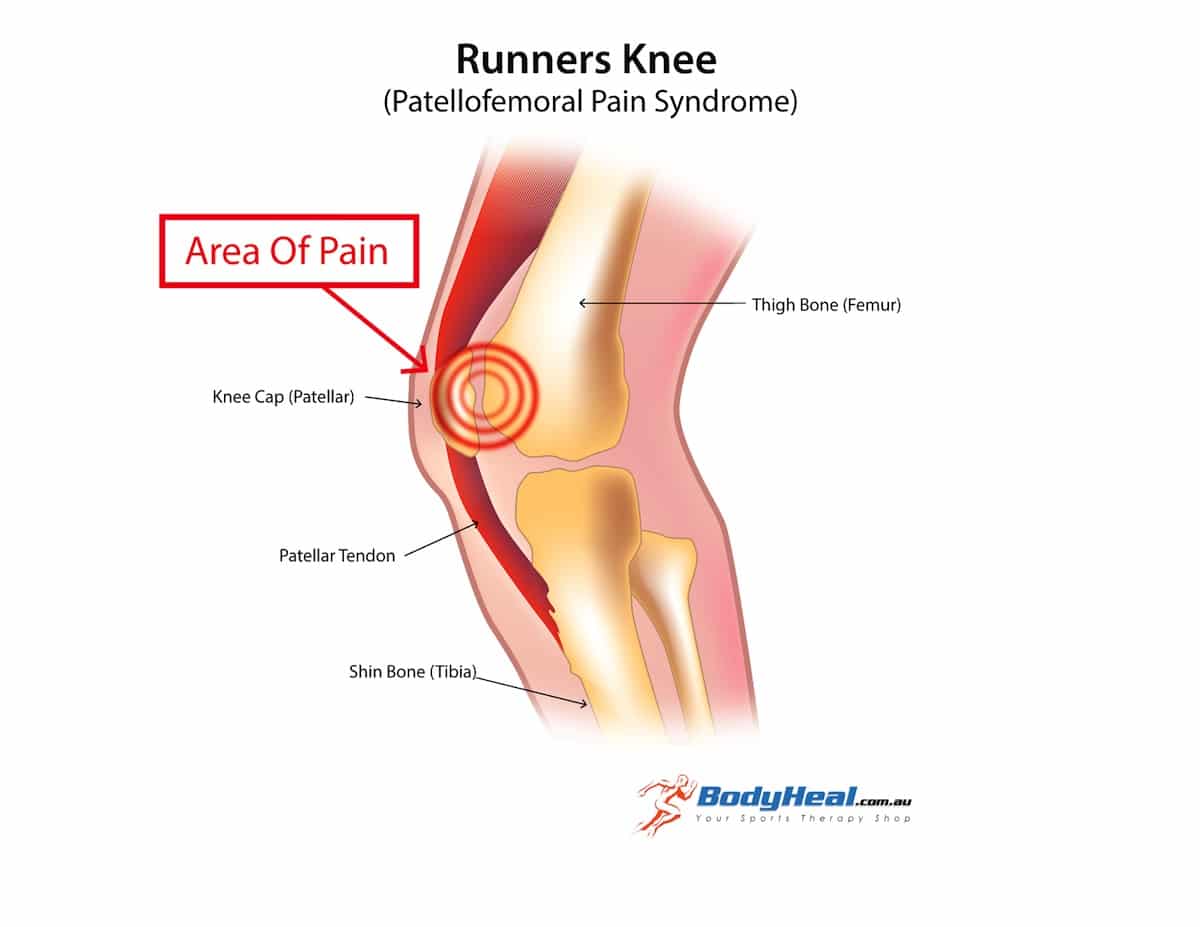

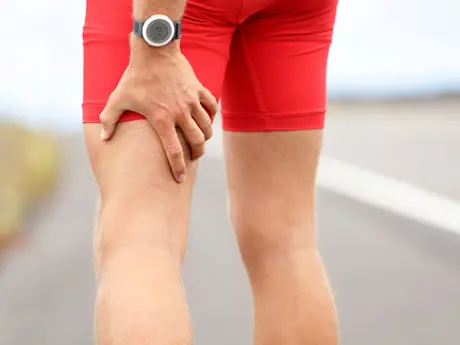


.jpg)














